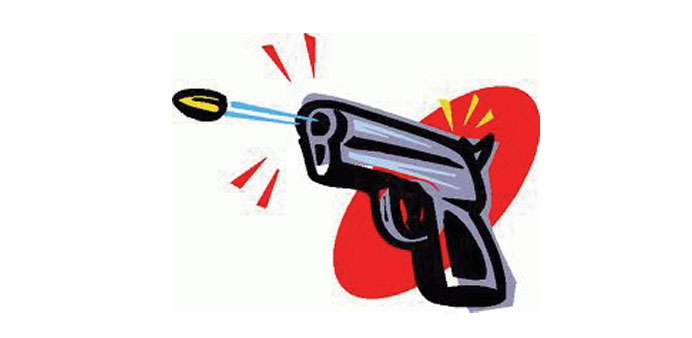|
The west’s drive to reduce its carbon footprint cheaply is fuelling a dirty war in Honduras, where US-backed security forces are implicated in the murder, disappearance and intimidation of peasant farmers involved in land disputes with local palm oil magnates. |
More than 100 people have been killed in the past four years, many assassinated by death squads operating with near impunity in the heavily militarised Bajo Agun region, where 8,000 Honduran troops are deployed, according to activists.
Farmers’ leader Antonio Martnez, 28, was the latest victim of the conflict. His corpse was discovered, strangled, in November.
Peasant farmers say they are the victims of a campaign of terror by the police, army and private security guards working for palm oil companies since a coup in June 2009 ended land negotiations instigated by the deposed president, Manuel Zelaya.
Witnesses have implicated Honduran special forces and the 15th Battalion, which receives training and material support from the US, in dozens of human rights violations around the plantations of Bajo Agun. They say private security guards regularly patrol and train with the soldiers, and have even been given military uniforms and weapons for some operations.
The military denies the allegations, blaming the United Peasant Movement (Muca) for escalating violence in the region. Repeated requests for comment from the US embassy in Honduras failed to elicit a response.
The Bajo Agun dispute dates back almost 20 years, to a World Bank-funded land modernisation programme. The farmers say thousands of hectares of land used for subsistence farming were fraudulently and coercively transferred to agribusinesses that grow African palms, which are lucratively exported to the west for biofuel, and are traded in the carbon credit market.
Since then, they have tried to reclaim the land using the courts, as well as roadblocks and illegal land occupations.
Zelaya launched an investigation to resolve the conflicts, but this came to an abrupt halt when he was toppled in a coup in 2009 that was backed by the business, political, military and church elites.
In December 2009, groups of subsistence farmers started large-scale illegal occupations on disputed land also claimed by the country’s biggest palm oil producer, the Dinant Corporation, which is owned by Miguel Facuss, one of Honduras’s most powerful men.
Dinant says 17 of its security guards were killed and 30 injured in clashes with farmers.
The region was heavily militarised in early 2010, and the farmers who were occupying the land were forcibly removed by soldiers enforcing contentious court orders.
Accusations of human rights violations have escalated ever since. In one incident, in 2012, Neptaly Esquivel, 32, a father-of-five, was permanently disabled by a bullet to the hip fired at close range by a soldier, whose face was hidden by a balaclava, during a peaceful protest against education reform.
His case is with the inter-American court of human rights.
In another incident, Matas Vall, 51, a founder member of Muca, was shot dead by two masked men on a motorcycle as he waited for a bus. Witnesses said a car full of private security guards was parked a few metres away. His wife, Dominga Ramos, said he had rejected money from Dinant employees to stop the farmers’ movement, after which he was told there was a price on his head.
Ramos said: “I witnessed one police officer trying to hide a bullet shell in the ground with his foot. We buried him in a secret place so they couldn’t remove his head. I am tired and scared. My two sons left because of threats. We just want to work our land in peace.”
Dinant strongly denies any direct or indirect involvement in death squads or human rights violations. It denies collusion between its security guards and government security forces to target peasant groups, and says it is committed to corporate social responsibility. The company says government security forces have been deployed against trespassers, who Dinant says are guilty of murder and other crimes.

